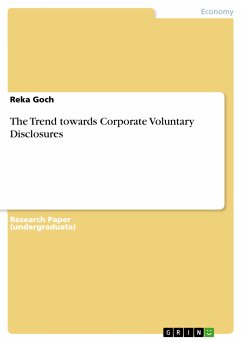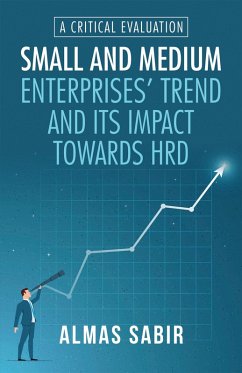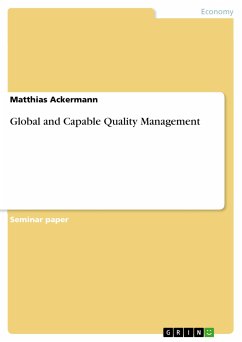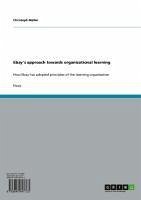Research Paper (undergraduate) from the year 2005 in the subject Business economics - Controlling, grade: 2,0, Schmalkalden University of Applied Sciences, language: English, abstract: Introduction Recent scandals, like the Enron Bankruptcy, undermined the investors trust in the information given by the corporations. Enron, one of the biggest consolidated group in the US and in the world, became famous all over the world by the surprisingly bankruptcy in December of 2001. Even a few weeks before the petition of bankruptcy analyst recommended to buy Enron stock and thousands of investors lost their savings or their pension backups. By creative balancing Enron succeeded to take advantage of gaps in the Generally Accepted Accounting Principles (GAAP). Financial data in the annual business report was manipulated so that investors who relied on this information made wrong investment decisions. Likewise investors and analyst trusted in the confirmation of the accounting firm Arthur Andersen & Partner which was authorized to prove the correct balancing of Enron. The Enron Bankruptcy is just one example, many bankruptcies like the ones of Sunbeam, Waste Management or Global Crossing had followed yet. "Creative balancing" gained currency among other listed corporations and the value and the profitability of blue chips were overvalued. Scandals like this emphasize the importance of the given information for the entire stakeholders, critically the investment community, because they have a deep impact on the investment decisions. Corporations are more and more forced to offer corporate voluntary disclosures which fulfill the "call for evidence of activities" (cf. Pricewaterhouse- Coopers, 2000b, p. 1) made by the business environment and to regain public trust. Additionally, the globalization of markets has a strong influence on the corporations' orientation. More and more corporations become international and listed. Thus, the competition on capital market increases and the constant need for capital requires a better explanation on the business performance. To help investors with their capital allocation decisions, corporations have to provide a more reliable, relevant, and useful information on a voluntary basis. In general, investors should get a better understanding of the corporation by more transparency. So, the traditional reporting in a vast number of corporations, based on financial data, is added by voluntary disclosures with the hope to hasten the process of the stock markets recognition of their corporate value. ...
Dieser Download kann aus rechtlichen Gründen nur mit Rechnungsadresse in A, B, BG, CY, CZ, D, DK, EW, E, FIN, F, GR, HR, H, IRL, I, LT, L, LR, M, NL, PL, P, R, S, SLO, SK ausgeliefert werden.









